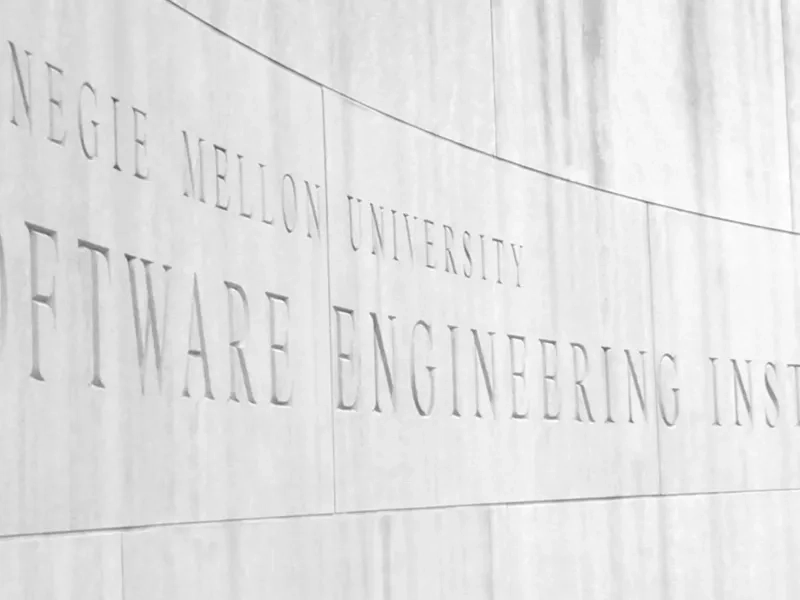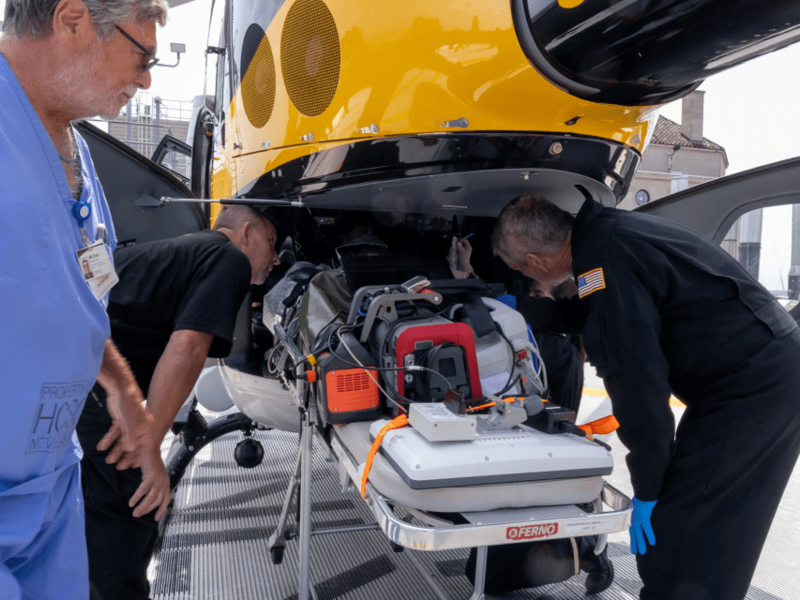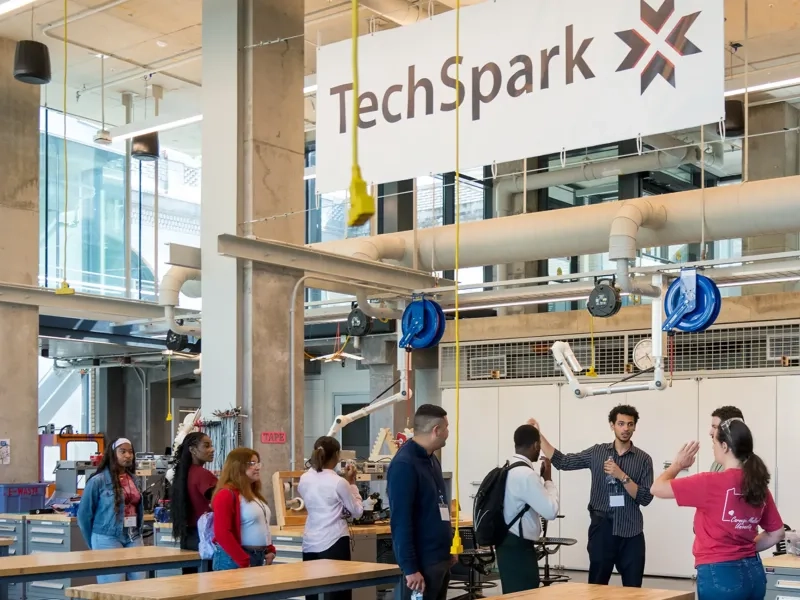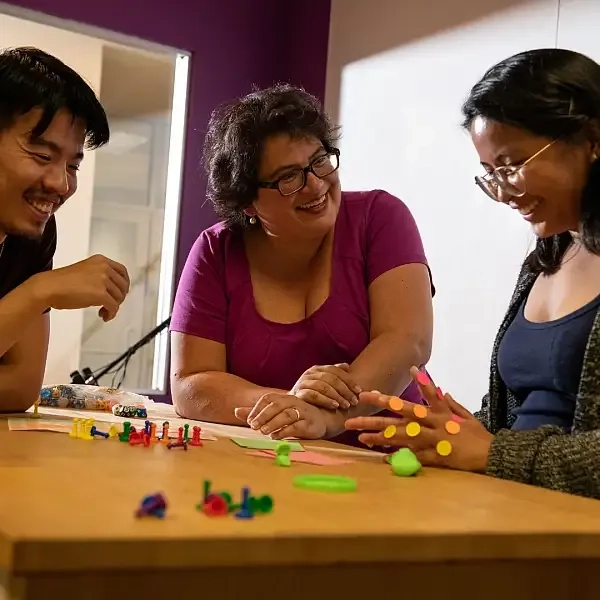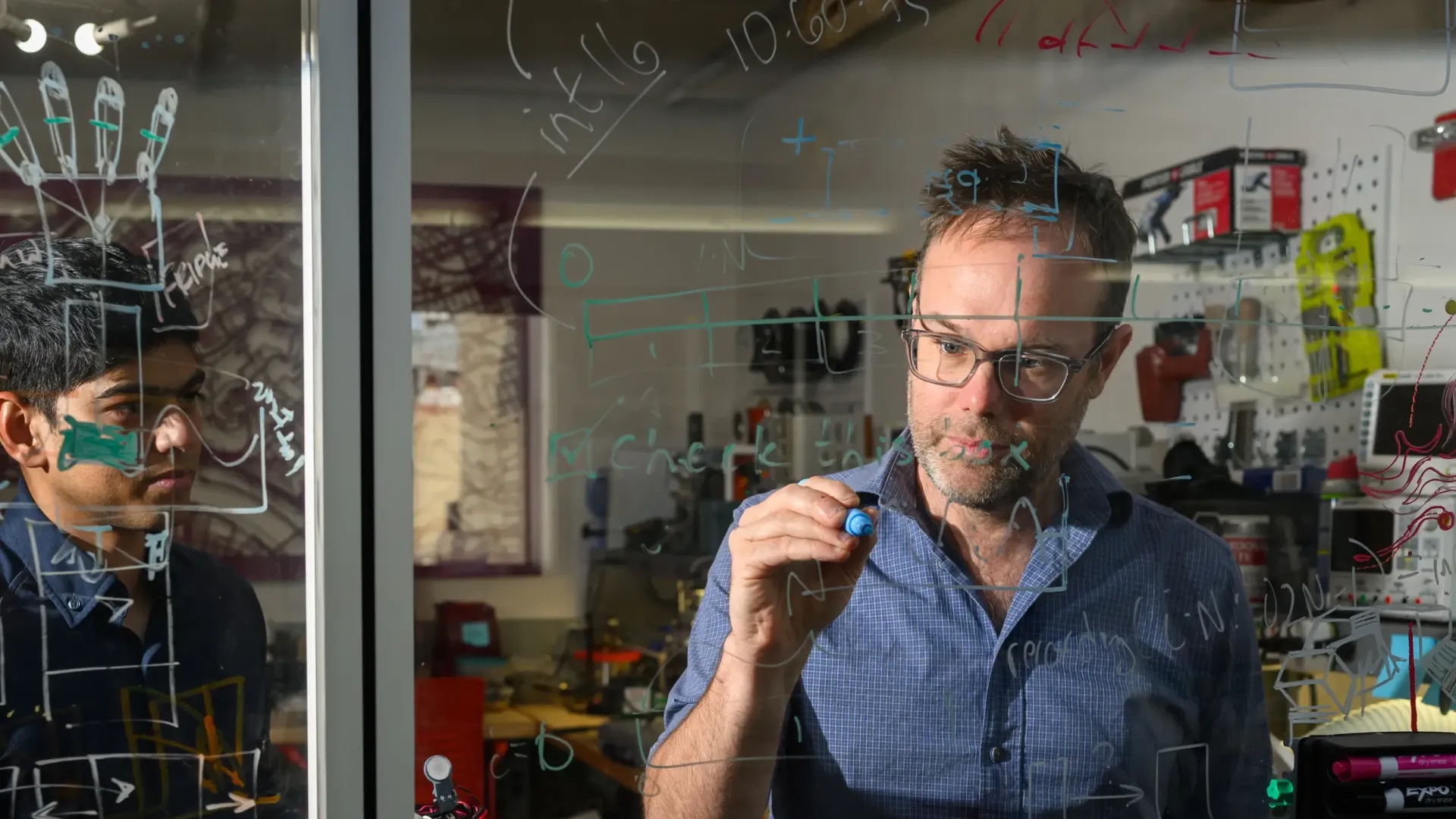
Research That Moves the World Forward
Featured News

Faculty Who Are Leaders in Their Fields
In this moment, the research happening in the Machine Learning Department is influencing and will continue to influence the direction of artificial intelligence.
Zico Kolter
Professor and Director of the Machine Learning Department
+ Faculty
Our professors bring their expertise to classrooms and labs, mentoring students and advancing research across disciplines.
+ Members
Pittsburgh Symphony Orchestra musicians serve as distinguished faculty in our School of Music to inspire the next generation of talent.
Nobel Prizes
Our faculty and alumni have received this prestigious award, widely recognized as one of the highest honors an individual can receive, in 5 of the 6 possible categories.
The Birthplace of AI
Carnegie Mellon University has been at the forefront of artificial intelligence since its early days, helping to shape the field through bold ideas, pioneering research and visionary leadership. From founding key institutions to launching entirely new areas of study, CMU has played a central role in advancing computing and AI. Today, our work continues to drive innovation and make a lasting impact across industries and society.
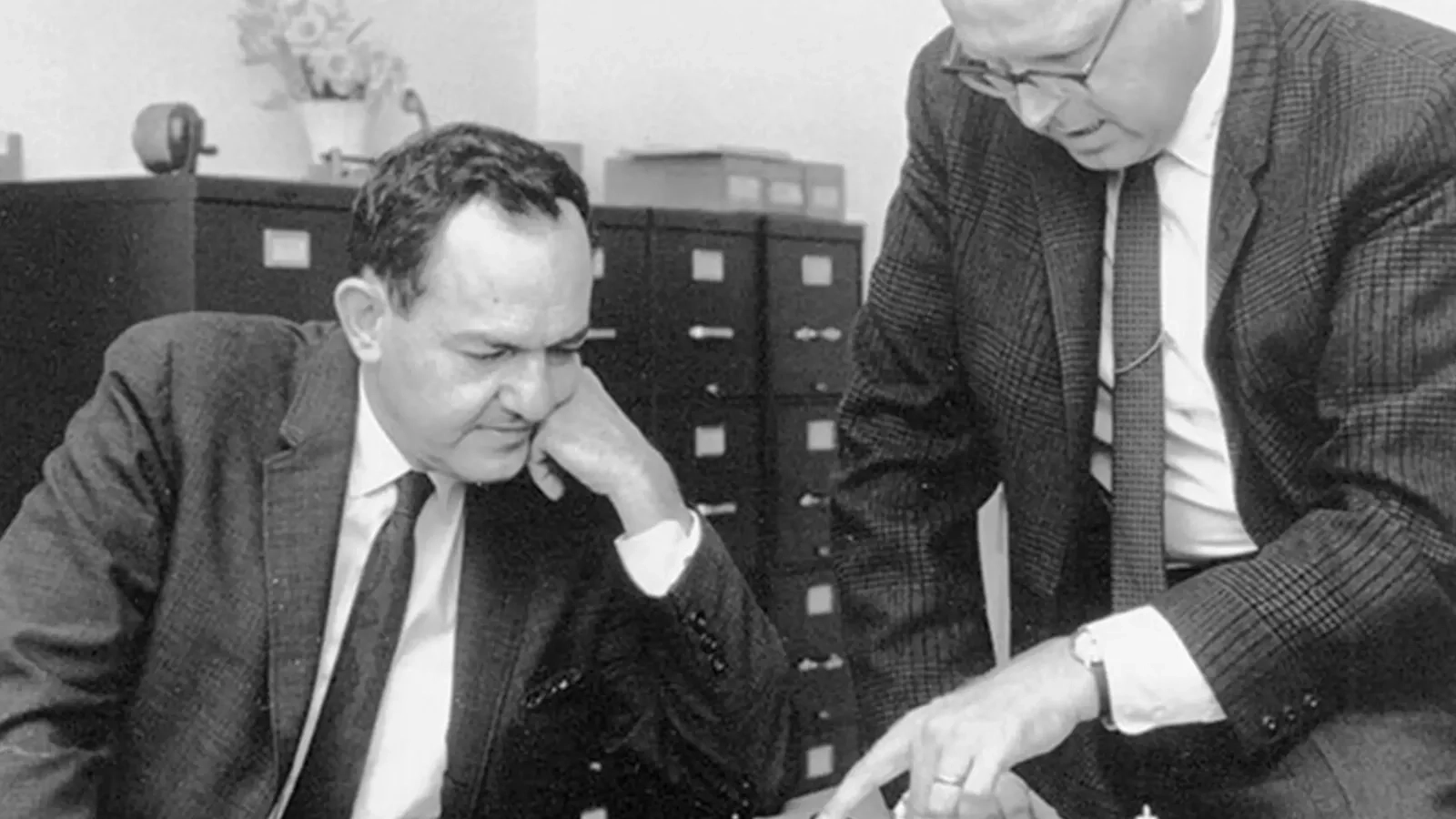
First Artificial Intelligence Program
Herbert Simon and Allen Newell create Logic Theorist, a computer program that could solve logic puzzles in the same way a human might in a game of chess.
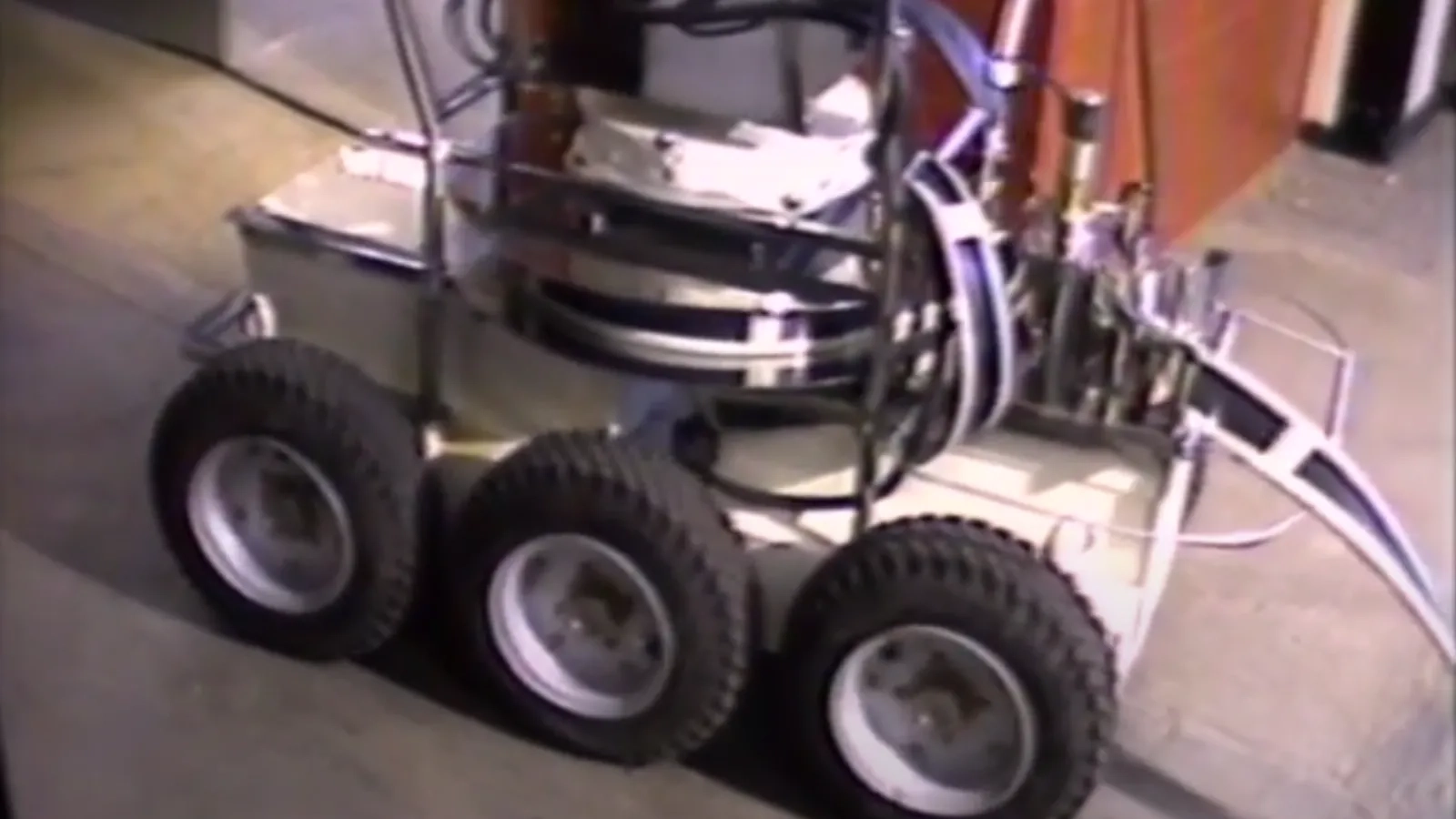
Red Whittaker and CMU colleagues create a Robotic Reconnaissance Vehicle to inspect and clean up the Three Mile Island accident.
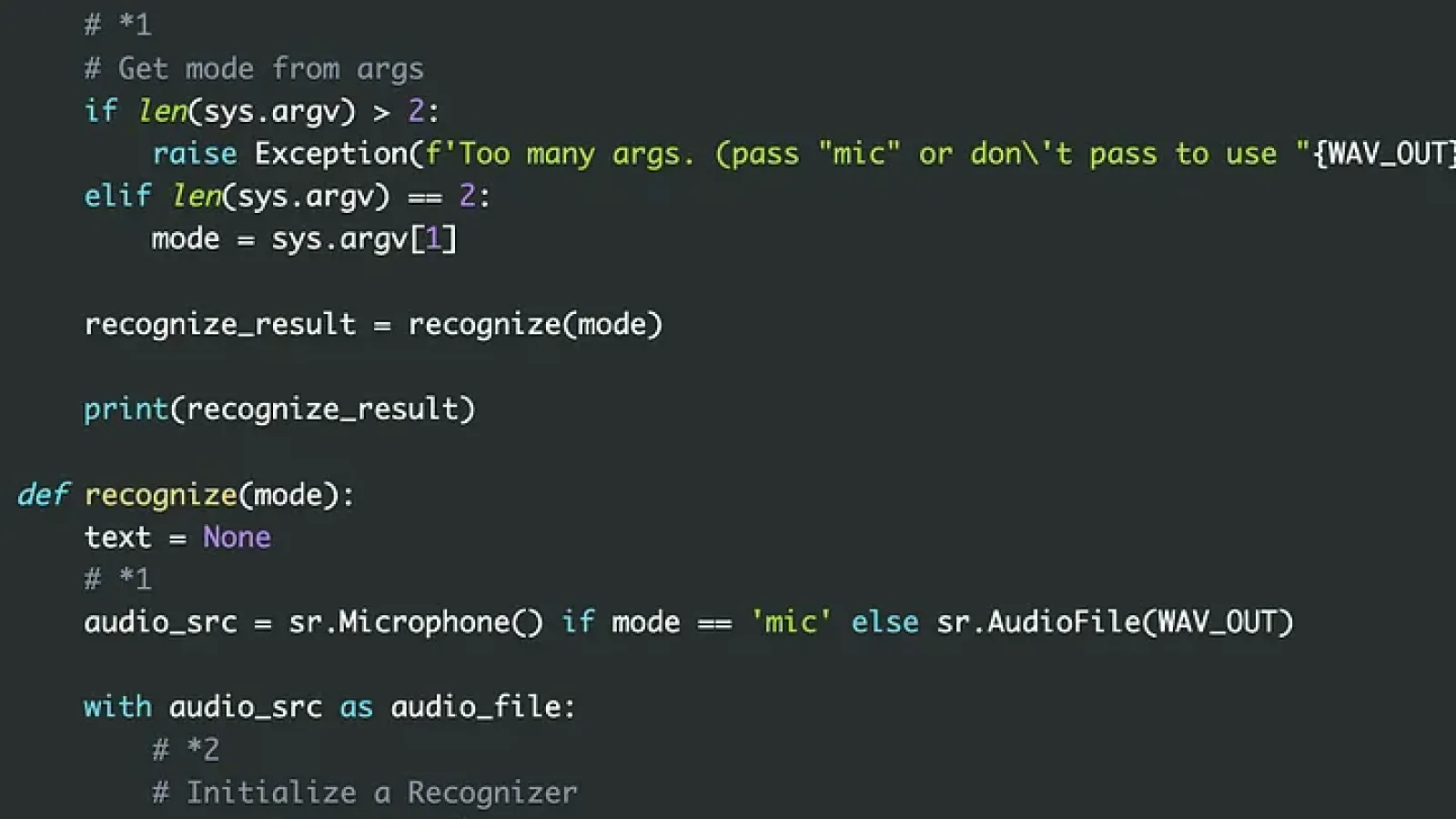
First Language Recognition System
Kai-Fu Lee, Raj Reddy and Roberto Bisiani create SPHINX, the first real-time recognition of speech to programming with AI techniques.
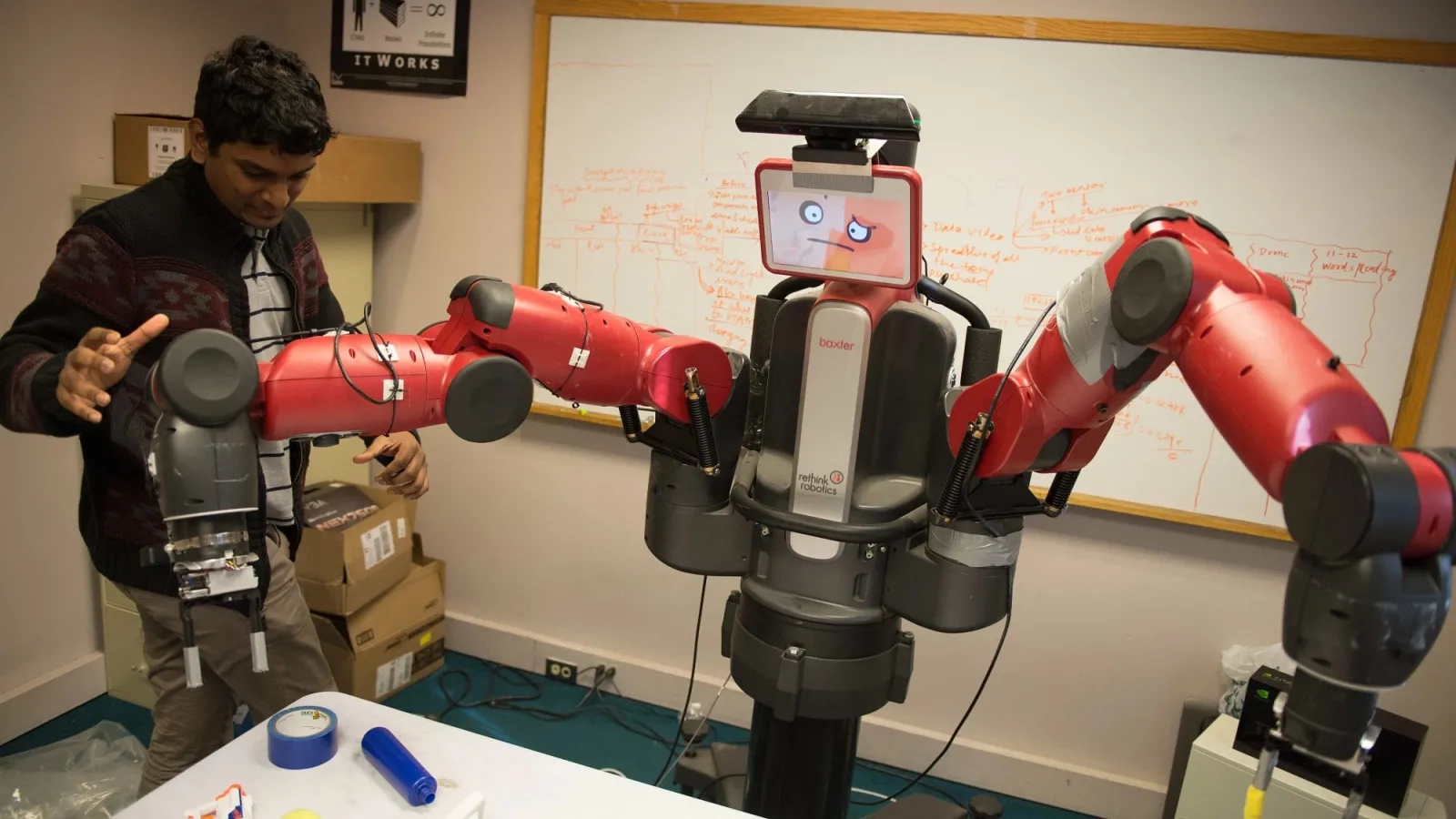
The world’s first doctoral program in robotics is offered at CMU.
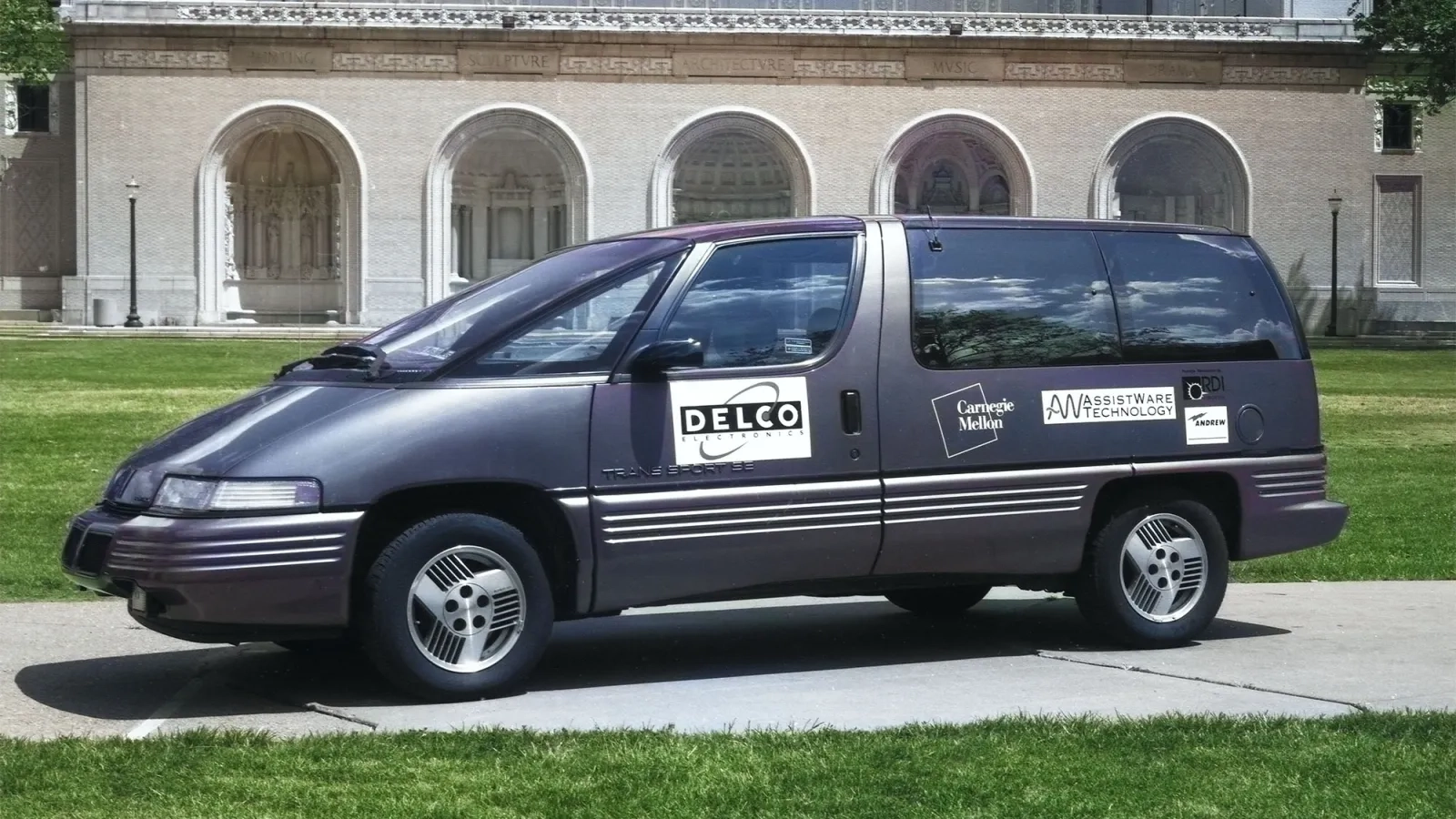
First Self-Navigating Automobile
Scientist Dean Pomerleau and Ph.D. student Todd Jochem’s Navlab 5 drives from Pittsburgh to San Diego, the longest continuous test of an autonomous vehicle in a real-world setting.
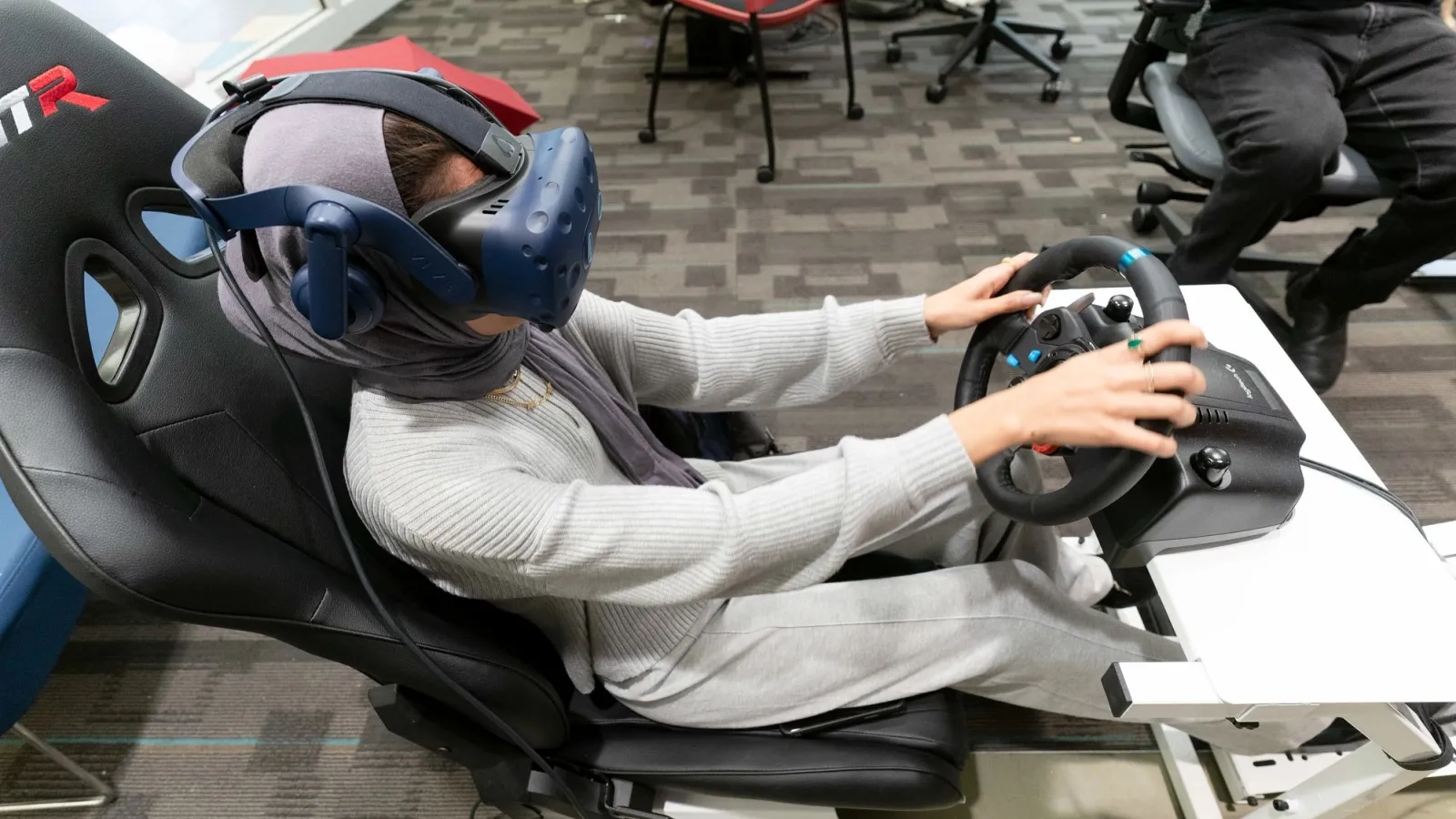
First Machine Learning Department
Considered the world’s first machine learning academic department.
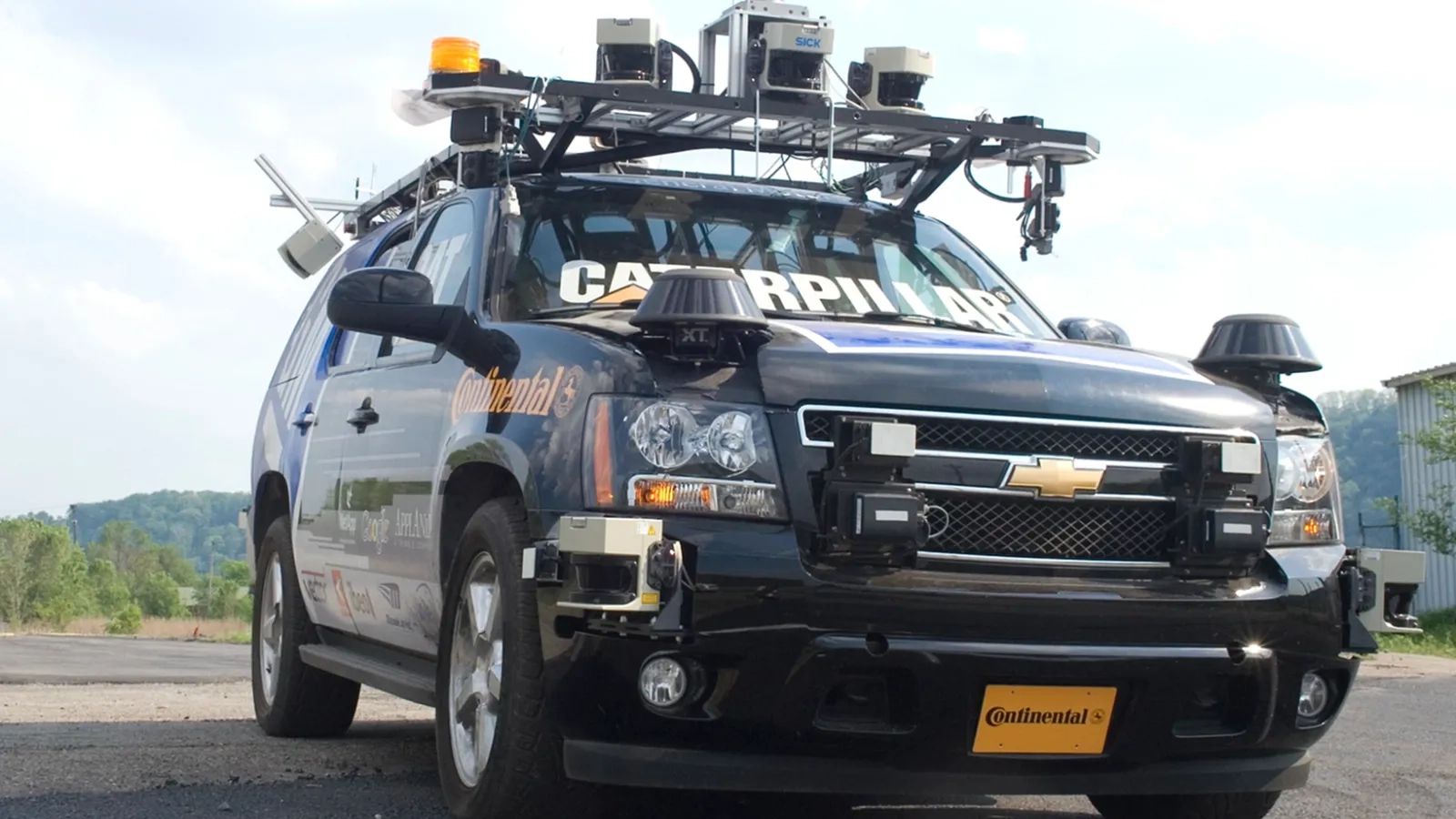
CMU’s and General Motors self-driving SUV “BOSS” wins the 2007 DARPA Urban Challenge, a driverless car competition.
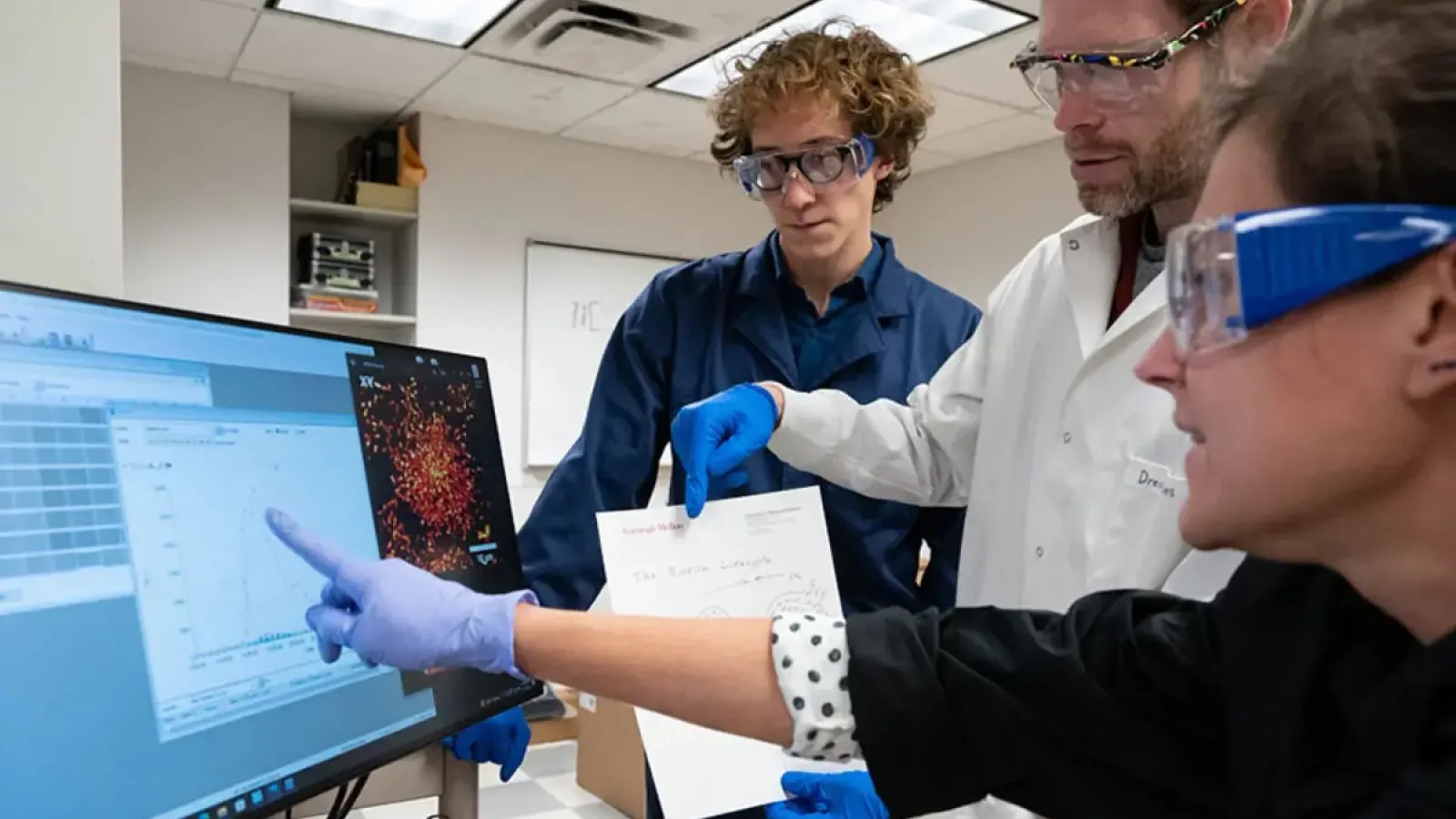
The first offered by a U.S. university in response to extraordinary technical breakthroughs in AI and the growing demand by students and employers.
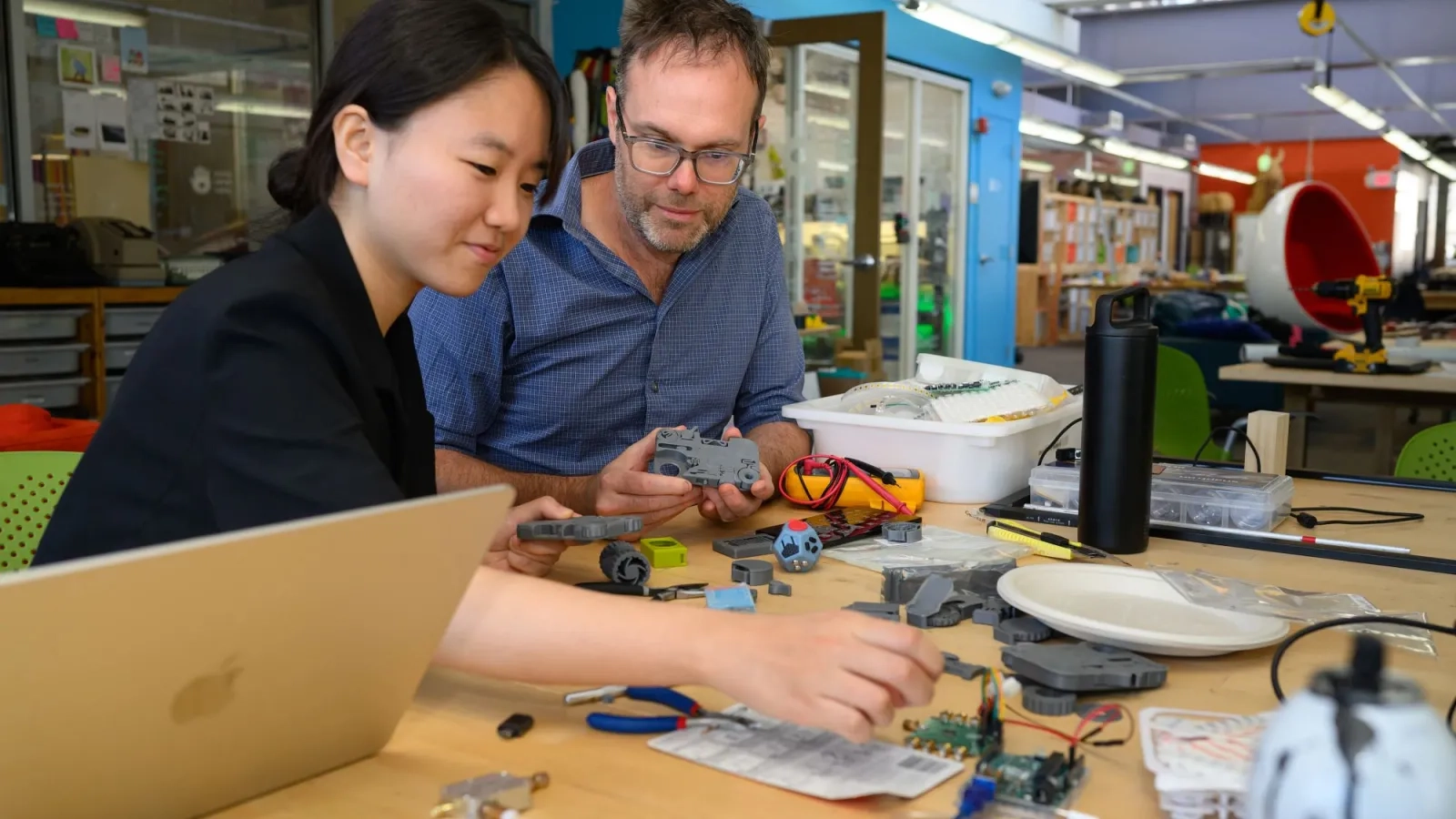
CMU announces a new first-of-its-kind Master of Science in Artificial Intelligence Engineering degree, combining AI and machine learning with engineering domain knowledge.
Partner With CMU for Real-World Impact
At Carnegie Mellon, we don’t follow trends — we set them. From solving business problems to bringing new ideas to market, our collaborations spark solutions that make a lasting global impact.
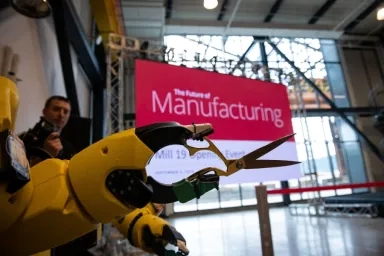
No one has ever built a robot of this size and this complexity to this standard before.
Adam Serblowski
Shell, Frontier Automation Engineer

The Tepper students actively listened to us and used the facts and challenges we provided to shape their analysis.
Kristen Lane
Vitalent, Communications Manager
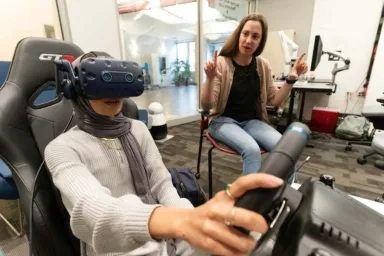
Carnegie Mellon has a pro-human view of AI. It's a technology that should help and augment people and the work that they do.
Ramayya Krishnan
Dean, Heinz College of Information Systems and Public Policy

